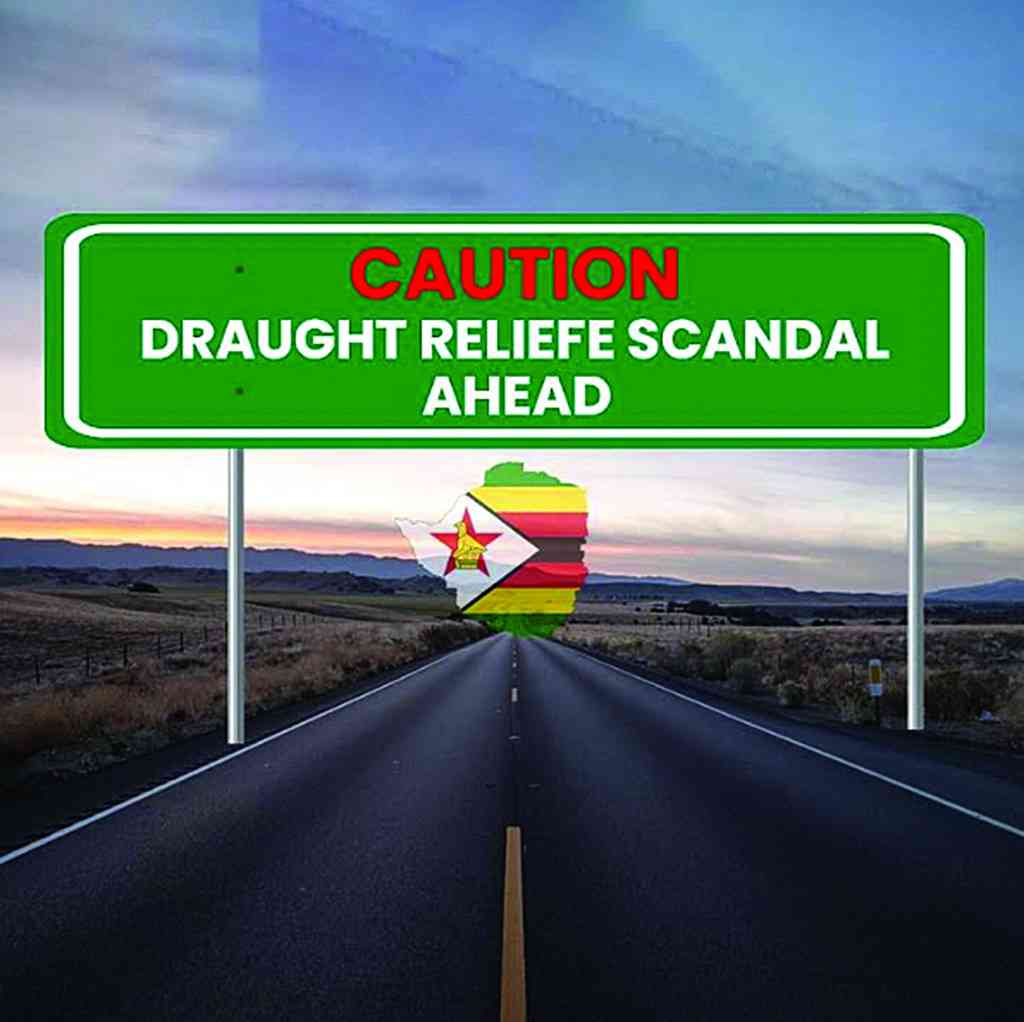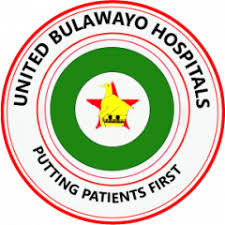
“THOSE who cannot remember the past are condemned to repeat it.” George Santanya (1905)
In 1982 Zimbabwe suffered a severe drought, which was declared a national disaster. Out of this national crisis emerged the Samson Benard Paweni corruption scandal. Paweni bribed government officials and grabbed a lucrative tender to transport drought relief food across Zimbabwe. Approximately US$7 million was salted away through this dirty deal.
Not many of us remember this scandal and thus the many lessons, which could be handy in our current circumstances might be lost.
Forty-two years ago, two years after political independence, corruption levels were tame compared to the current rampant levels. It is difficult to dismiss the strong suspicion that the declaration of the current drought as a state of national disaster is an opportunity for looting among the greedy politicians and their cronies.
Still strongly etched in our minds is the rampant looting of Cyclone Idai aid and corruption around the procurement of COVID-19 personal protective equipment and other materials. There are, as we speak, cartels strategising on how to steal a handsome portion of the US$3,3 billion aid that President Emmerson Mnangagwa announced is needed to stop over 7,7 million Zimbabweans from starving to death.
Declaring the drought a national disaster is meant to allow the government to access more resources to alleviate the impact of the crisis, but many vultures are circling to take advantage of this crisis. The thieves around the President are positioning themselves to profit at the expense of the poor and the marginalised. Indeed, around most government officials, family, friends and courtiers, are camps of potential criminals.
In the 1982 Paweni drought relief scandal none of the implicated government officials were prosecuted. The late Kumbirai Kangai, who was the Agriculture minister at the time, was implicated in this scandal. Paweni’s 15-year jail sentence was commuted to 10 years after appeal.
It is now common knowledge that Zimbabwe is a drought-prone country, which should mean we have banked the lessons from previous episodes, but that is not the case. By now we should have strong drought resilience capacity in all aspects of vulnerability, but the opposite is true.
- Mavhunga puts DeMbare into Chibuku quarterfinals
- Bulls to charge into Zimbabwe gold stocks
- Ndiraya concerned as goals dry up
- Letters: How solar power is transforming African farms
Keep Reading
For instance, previous severe droughts should have encouraged diversification of energy sources away from reliance on hydroelectric power to renewable energy as a policy imperative.
According to the World Meteorological Organisation, the latest El Niño is one of the five strongest on record and the consequences might be dire particularly layered over pandemic levels of corruption, political chaos, economic collapse and social destitution. Already, shortage of clean water has seen the outbreaks of cholera and other diseases. Government should have been better prepared for this.
Zimbabwe has been forced to import genetically modified maize (GMO) from South Africa because traditional suppliers in Zambia and Malawi were affected by the same El Niño induced drought. South Africa has limited surplus to export and Zimbabwe will have to accept more GMO maize.
Meanwhile, policy on GMO is still as clear as mud. There should be GMO policy clarity informed by scientific evidence. This clarity must strike a balance between the desire to improve agricultural productivity and food security on one hand and environmental and health risks on the other.
Surely, a durable agricultural strategy must put millets at the front and centre of crops to be aggressively supported and promoted. Our weather patterns favour millets such as uphoko, inyawuthi, mhunga, rukweza and mapfunde. Maize is agroecologically ill-suited to most regions in Zimbabwe. And millets have more nutritional and health benefits compared to maize as Caroline Jacquet ably illustrated in this episode
Since the current drought is certainly not the last, we have no reason to be unprepared when the next catastrophe strikes. Our toolbox is richer from our past mistakes together with systemic issues in the management of aid and resources exposed by the 1982 drought and the Paweni scandal.
The following are the lessons from 1982 drought and beyond:
- Zimbabwe needs an engaged and active citizenry and civil society that must demand transparency and accountability for all drought relief tenders and transactions. The private sector has a role too in demanding transparency and accountability. Every cent must be accounted for.
- Parliament, civil society and donors must demand strong oversight and auditing. One of the Big Four auditing firms in partnership with a reputable local practice must be in charge of auditing the drought relief effort and not Treasury. Nobody trusts Treasury. The audit effort must detect and deter corruption.
- Corruption continues to be a cancer in our society and dispensing US$3,3 billion must be an opportunity for legal and institutional reforms that deal with eliminating corruption once and for all.
- It is crucial to use this crisis to build effective drought relief distribution systems. Clear and binding guidelines and protocols for the management and distribution of aid resources must be put in place.
- Last, but certainly not least, there is need for a robust and broad-based electronic cash transfer programme for those desperately needing financial assistance in addition to food.
As Karl Max once said; “History repeats itself, first as a tragedy, second as farce.” The lessons from our past belong to us and we must deploy them. We have a collective responsibility to stop the impending farce. This is one of those moments where I would love to be proved wrong.
- Trevor Ncube is chairman of Alpha Media Holdings and host of ICWT









